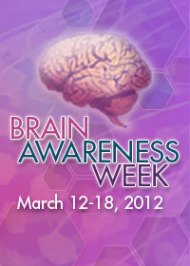After the last post regarding invisible and chronic illnesses, I wanted to share with you all ‘The Spoon Theory’.
The theory was developed by a woman named Christine Miserando, a sufferer of Lupus who whilst at dinner with a friend was asked what it was like living with the chronic condition. The friend, whom was a good one, and knew the medical aspects of the condition, and had seen Christine on her good and bad days. But despite, all that she was unable to understand exactly what it was like to live with a chonic illness day in and day out.
Obviously, it can be very difficult to explain to someone who does not endure the daily pain, fatigue and the endless other problems that people suffering from a chronic illness has to endure. However, surrounded by an endless amount of cutlery, Christine picked up a pile of spoons, which she used to represent the limited amount of energy she has to complete tasks throughout the day.
Breaking down each task into different individual parts, Christine took away a spoon for every task completed, thereby demonstrating to her friend and now others through the ‘Spoon Theory’, that being able to carry out tasks that a healthy person may take for granted as being incredibly easy to carry out and not using any energy, can in fact be incredibly difficult for a person with a chronic illness. And also demonstrated how living with a chronic illness requires having to prioritise tasks that need to be done in order of importance, as I and many others with a chronic condition are not able to carry out every task that may need to be carried out on a particular day due to limited energy.
To read the full story behind the ‘Spoon Theory‘ you can find it here at Christine’s online community for people living with invisible illnesses at butyoudontlooksick.com
So, what do you guys think about the spoon theory? Is it a great way to demonstrate what it is like to live with a chronic illness? What are some of the things that your condition prevents you from being able to do?
Feel free to leave your comments as always…


